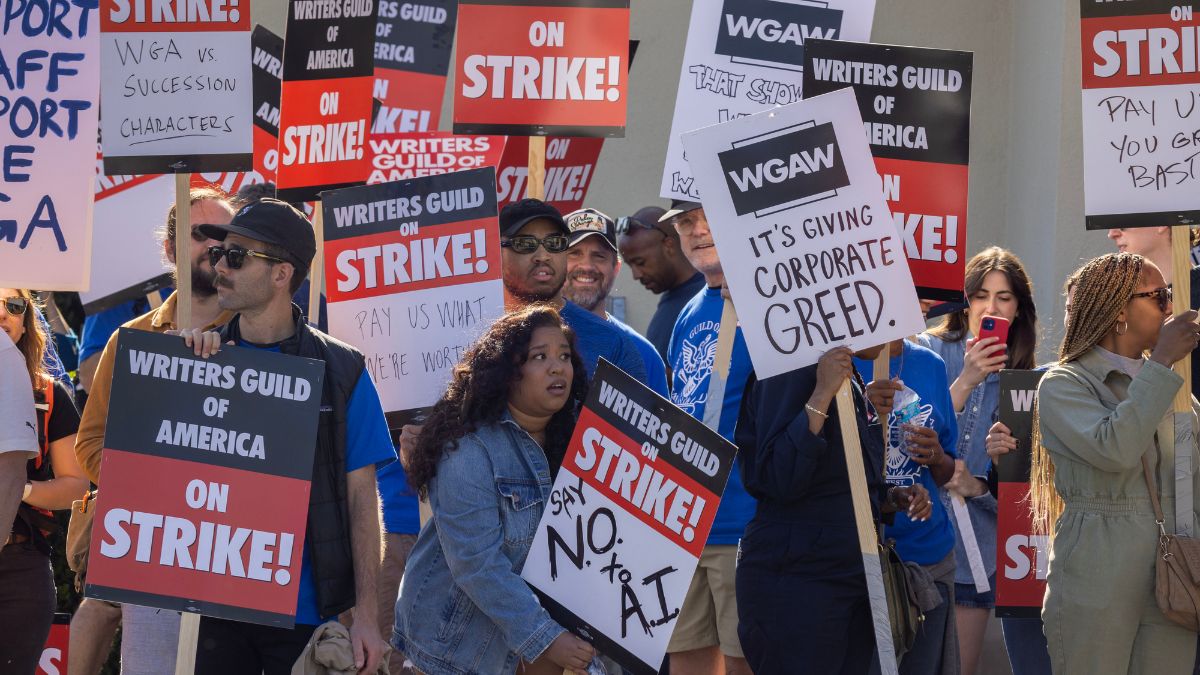There may be some people who are confused about the upcoming actors’ strike. And that’s fair, considering that the writers’ strike is still ongoing. To help understand why these strikes are important, film director Heather Fink provides a lengthy albeit simple explanation about what is being fought for by those forming the picket lines.
Over on Twitter, Fink addressed what is being fought for by the two unions. Some of the major issues being addressed are the use of AI, which should only be considered as a tool and not used to replace jobs or exploit the actors’ likeness without consent. Another issue is related to new media, where writers and actors do not receive residuals due to these companies “refusing to provide proper metrics,” which she defines as corrupt.
She also pointed out that actors and writers were not being paid fairly and that negotiations made decades ago no longer fit the way media is consumed today. This is why they are fighting for better wages and working conditions.
In addition to these issues, Fink also highlights the impact of COVID-19 on the acting industry, such as self-tape auditions. She calls out producers who are “unwilling” to engage in negotiations with writers and discussed how this strike will affect protesters, in matters such as health insurance. She ends her post by asking people not to complain about the shows and films they didn’t enjoy, but to appreciate the ones that brought them joy.
The last time the Screen Actors Guild went on strike was back in 1986 when the Guild advocated for residuals in home media. The 2023 strikes will be somewhat similar to the one that occurred over 60 years ago, including the argument about AI, better working conditions, and wages.
The SAG-AFTRA strike begins this Friday at midnight.










Published: Jul 13, 2023 08:30 pm